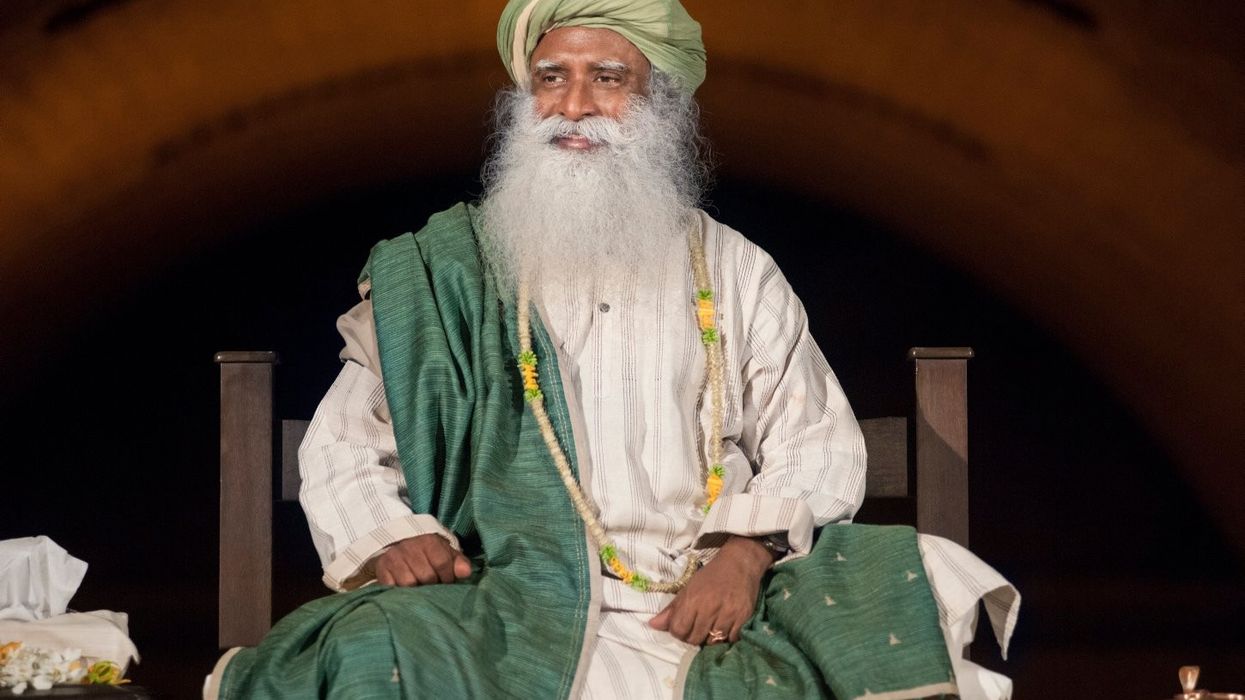A MALARIA vaccine developed by the University of Oxford and the Serum Institute of India (SII) prevented around three-quarters of symptomatic malaria cases in young children the first year after they got the shots, results from a large trial showed last Thursday (1).
The vaccine, which has already been approved for use by regulators in three West African countries and the World Health Organization (WHO), is the second to become available this year.
The first vaccine, launched in Cameroon this year, was developed by the drugmaker GSK.
Both vaccines have the potential to make huge inroads against a mosquito-borne disease that still kills more than half a million people, mainly young children in sub-Saharan Africa, every year.
“This is what we have been waiting for, for decades,” said Mary Hamel, the WHO’s malaria vaccine implantation head, in an interview. She said having two safe and effective malaria vaccines was important to meet demand.
The final-stage trial results for the Oxford and SII shot, known as R21, were published in The Lancet medical journal last Thursday.
In a trial among involving children in four African countries, the vaccine prevented 75 per cent of malaria cases in children aged between five and 36 months, in areas where the initial three doses were given ahead of peak malaria season. It prevented 68 per cent of cases in areas where transmission happens all year.
The investigators said efficacy was maintained with a booster a year later, although the protection appears to wane over time. The trial is ongoing.
“It’s something else we can add in,” said Brian Greenwood, a professor at the London School of Hygiene and Tropical Medicine who has worked on the vaccines for decades.
“Now what’s needed is learning how to use these vaccines best,” he added, referring to the potential need for regular boosters as well as combining the shots with preventive drugs and tools like bed nets.
He and other experts said comparing the two vaccines head-to-head was difficult because of the many variables involved in the trials. They included the age of the children vaccinated and the length of time they were studied for, the coverage of preventive drugs given alongside the shots, and the levels of malaria transmission in an area, among other elements.
Despite suggestions that R21 is uniquely protective, when the vaccines are compared under the same conditions, their performance is similar, the experts said – a conclusion that was endorsed by WHO.
The key difference is the new R21 shot is cheaper, at around $3 (£2.39) a dose, and more readily available. There are only 18 million doses of GSK’s vaccine available up to 2026, but 25 million doses of R21 have already been produced by SII for this year, chief executive Adar Poonawalla told Reuters ahead of the results. The shot also includes an adjuvant, or immune-boosting portion, made by Novavax.
Alassane Dicko, who led the R21 trial in Mali, said the vaccines should be deployed as soon as possible.
“What we need to do now is get the vaccines to children,” Dicko said.




















